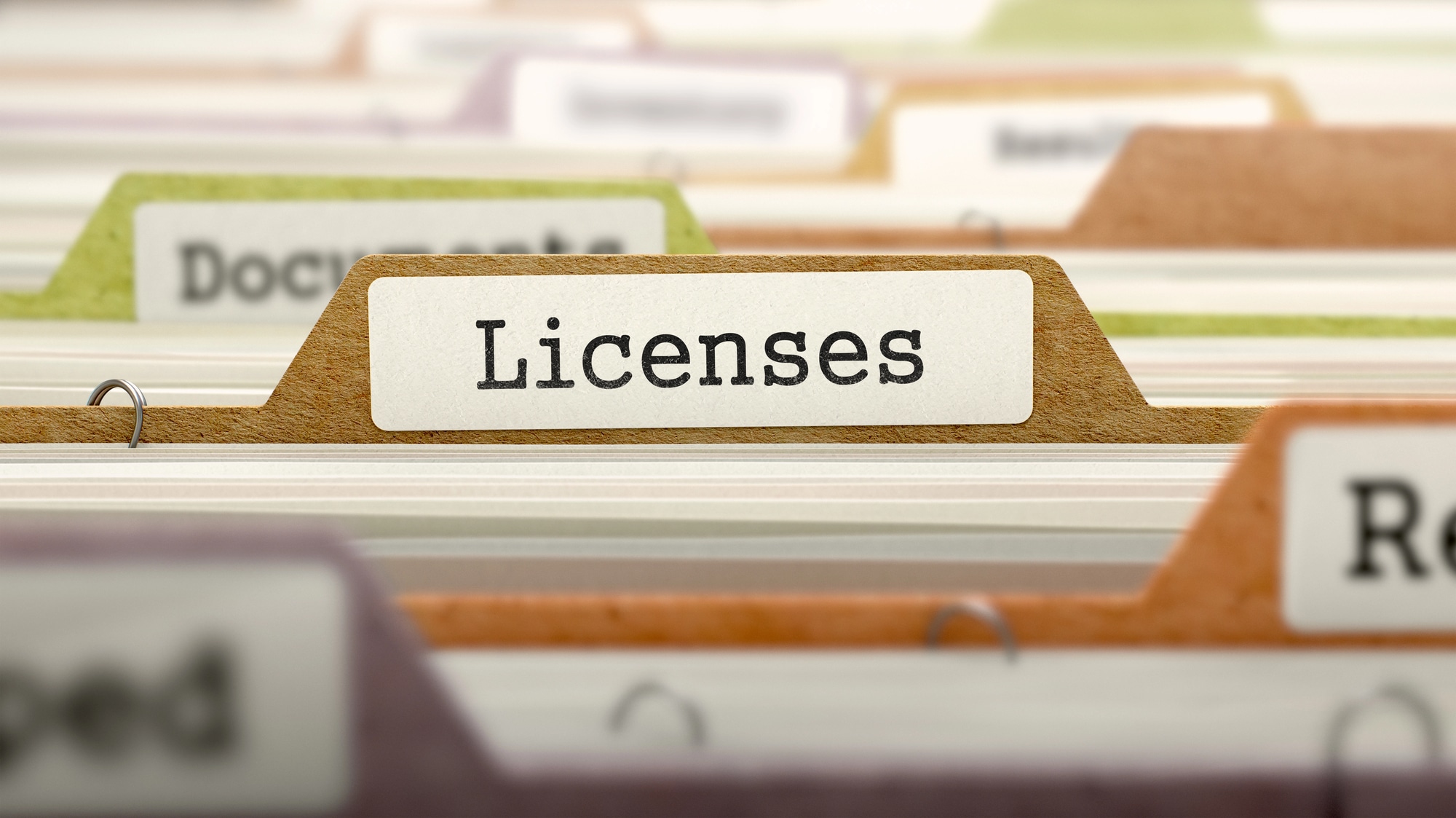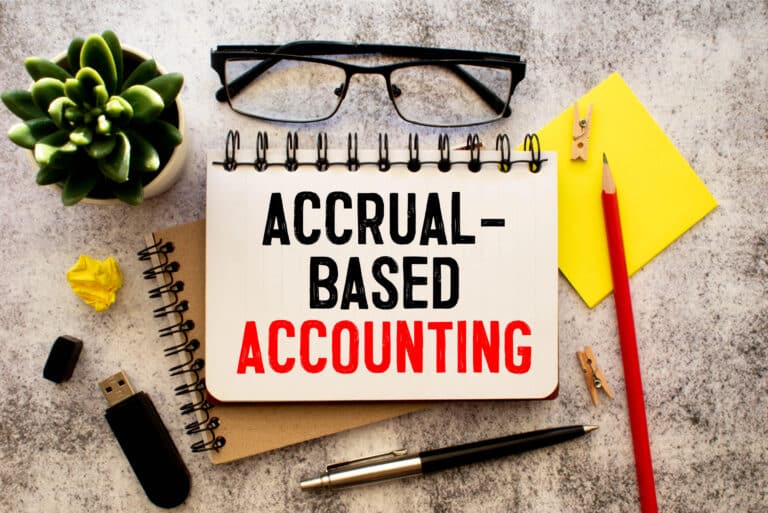We help a number of small businesses in Beaufort County, SC, as that’s where I am based. Questions frequently arise regarding business licenses within the county and municipalities. The below are some of the common questions we receive, particularly from new business owners within the county. It’s important to note that we are not attorneys, nor are we licensed to practice law. The below FAQs are based on common situations that we see with our customers and this blog post does not constitute legal advice. If you have a question of law, consult your business attorney.
What are all of the business license jurisdictions in Beaufort County?
There are five business license jurisdictions in Beaufort County, SC. The county has four municipalities: 1) Town of Hilton Head Island, 2) Town of Bluffton, 3) City of Beaufort and 4) Port Royal. Anywhere that’s not inside a municipality in Beaufort County is located in Unincorporated Beaufort County, which is also the fifth business license jurisdiction.
What types of activities require a business license?
Generally, any activity engaged in for profit or gain. You’ll notice that each jurisdiction’s ordinances (i.e. laws) are very similar:
Town of Hilton Head
The Code of Ordinances, Title 10, Chapter 1, Section 10-1-10: “Every person engaged or intending to engage in any business, calling, occupation, profession, or activity engaged in with the object of gain, benefit, or advantage, in whole or in part within the limits of the town of Hilton Head Island, South Carolina…”
This section of the Hilton Head ordinances goes on to specifically mention rental real estate, which is interesting.
Town of Bluffton
The Code of Ordinances, Chapter 6, Article 2, Section 6-19: “Every person engaged or intending to engage in any business, calling, occupation, profession, or activity with the object of gain, benefit, or advantage, in whole or in part within the limits of the Town of Bluffton, South Carolina…”
City of Beaufort
The Code of Ordinances, Part 7, Chapter 1, Section 7-1001: “Every person engaged or intending to engage in any business, calling, occupation, profession, or activity engaged in with the object of gain, benefit, or advantage, in whole or in part within the limits of the City of Beaufort, South Carolina…”
Town of Port Royal
The Code of Ordinances, Chapter 12, Article 2, Sec. 12-21: “Every person engaged or intending to engage in any business, calling, occupation, profession, or activity engaged in with the object of gain, benefit, or advantage, in whole or in part within the limits of the Town of Port Royal, South Carolina…”
Unincorporated Beaufort County
The Code of Ordinances, Chapter 18, Article 3, Section 18-46: “Every person engaged or intending to engage in any business, calling, occupation, profession, or activity engaged in with the object of gain, benefit, or advantage, in whole or in part within the limits of Beaufort County, South Carolina…”
One of the reasons for the similarity between the various ordinances is The Business License Tax Standardization Act of 2020, otherwise known as Act 176. The Town of Hilton Head has a great page about this law, which went into effect in 2022, along with some FAQs.
Do I need a business license in every jurisdiction that I operate in?
Yes, you do. It’s entirely possible, and fairly common, that you will need to hold multiple business licenses if you work from more than one location. A great example is any business in the trades (e.g. construction, plumbing, HVAC, etc.) or businesses that allow their employees to work from home.

What if I work from home?
Yes, if you have a home-based business you should have a business license and pay a business license tax.
What if I have employees that work from home?
Yes, same as the above. You must have a business license in each jurisdiction where your employee(s) work from home.
Is a business license a tax?
Business license taxes are excise taxes for the privilege of doing business. They are not income taxes, even though they are based on gross revenue and behave something like an income tax. They are also not sales taxes.
How are business license taxes calculated?
Business license taxes are calculated as a percentage of gross revenue. The rate is dependent on the business’ NAICS code.
Prior to Act 176, local ordinances could define “gross income.” Act 176 standardized the definition as follows: “gross receipts or gross revenue of a business, received or accrued, for one calendar or fiscal year collected or to be collected from business done within a taxing jurisdiction.”
When are business licenses due?
Business licenses must be obtained before doing business in the jurisdiction. Renewals were standardized by Act 176 to be April 30th of each year, with the license year being May 1st through April 30th.
How to pay and file business licenses in Beaufort County, SC
Act 176 also requires the ability for licenses to be obtained and taxes paid online. Here’s where you can do this for each jurisdiction:
- Town of Hilton Head
- Town of Bluffton here for applications and here for renewals
- City of Beaufort
- Town of Port Royal
- Unincorporated Beaufort County
Additional Resources
- South Carolina Business License Handbook
- Town of Bluffton business license FAQs
- Video: How to Find a CPA: Business Taxes
Conclusion
Business license taxes are an administrative burden for small business owners and can be confusing to navigate. They can also be a significant expense for a small business. While business license taxes are not income taxes, they function similarly due to the gross income component. Hopefully, you feel as though you are armed with the knowledge to navigate this for your small business, or at least know where you can get help.




